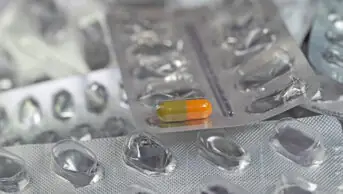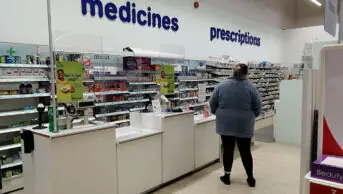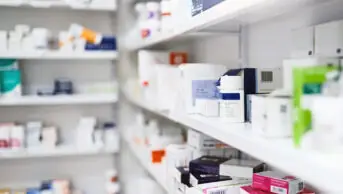
Shutterstock.com
European bodies representing pharmacists, drug manufacturers and distributors have issued recommendations on how data on medicines shortages could be better used to mitigate the impact on patients.
“There is no universally accepted definition of a medicine shortage in Europe,” the associations point out, going on to call for an approach in which suspected shortages are flagged, regardless of whether they are already in short supply or apply to single or multi-source products.
The organisations also say that making more up-to-date information about medicines shortages available will improve the ability of health systems to solve supply issues as they arise. This would enable existing stocks to be better managed and distributed and contingency measures deployed, which may involve urgent communication to prescribers, pharmacies and wholesalers and preparation of bespoke out-of-license or magisterial products, to minimise the impact to patient care, they add.
The recommendations were issued in a joint statement from the Association of the European Self-Medication Industry, the European Association of Euro-Pharmaceutical Companies, the European Association of Hospital Pharmacists, the European Industrial Pharmacists Group, the European Federation of Pharmaceutical Industries and Associations, the European Healthcare Distribution Association, Medicines for Europe and the Pharmaceutical Group of the European Union.
The recommendations also say that drug firms are obliged to report potential supply disruption owing to manufacturing/quality issues to the authorities, but information systems should be open to reports from wholesalers, parallel traders, pharmacists and other healthcare professionals.
“Signals of medicine shortages” can then be periodically assessed by a panel of supply chain members to establish if they are suspected or actual shortages, the statement says, adding that access to information on verified shortages should be generally made available to the public, and patient organisations can have a useful role in supporting patients with information and advice.
If the medicine suspected to be in shortage has an alternative (for example, generic substitute or product with same ingredient), the unavailability could still be reported as a suspected shortage, because “wholesalers are not allowed to substitute orders and, in some cases, pharmacists require proof of a shortage in order to enable substitution”.
“This could facilitate the work of pharmacists in finding the appropriate replacement therapy or action, and treatment of patients will not be interrupted,” the statement adds. “Pharmacists, with their knowledge of medicines and products, may be in position to offer training or support to other professionals on the correct selection and use of substituted products.”


